The Impact Of Cultural Themes In Ghost Of Tsushima
Nov-05-2024
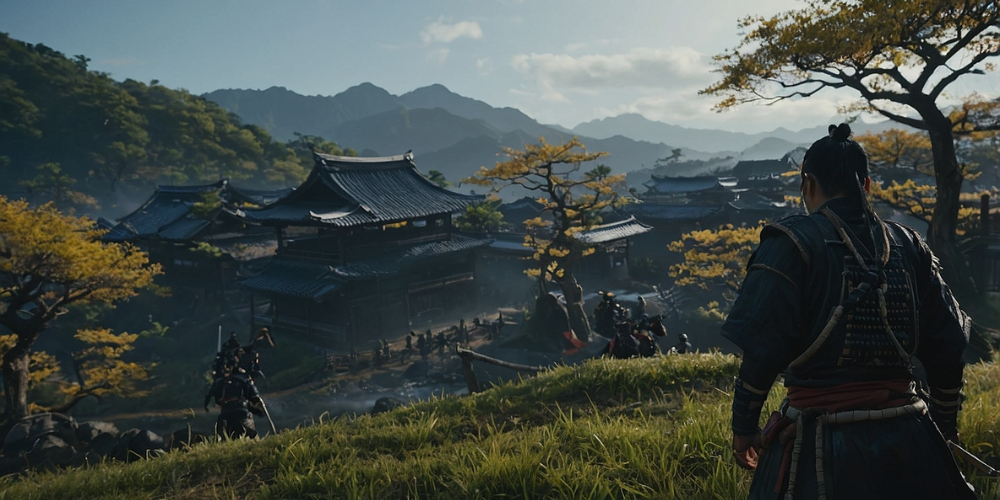
As I traversed the stunning landscapes of Tsushima in Ghost of Tsushima, I found myself immersed in a world that beautifully encapsulated Japanese culture and history. The game's setting, nestled between Japan and mainland Asia, is rich with cultural artifacts and takes inspiration from the Mongol invasions of the 13th century. It was riveting to see how these surroundings were crafted, reflecting not only the historical context but also the values and traditions of the samurai era. Each location, whether it was a serene bamboo grove or a fiery battlefield, told a story of resilience and honor.
The Samurai Code: Bushido and Its Influence
Bushido, the way of the warrior, is a pivotal element that courses through the veins of Ghost of Tsushima. As I played, I engaged with the principles of honor, loyalty, and sacrifice that shaped the samurai's identity. Every decision I made felt heavy with the weight of these ideals. This theme not only influenced my actions within the game but also reshaped my understanding of honor. It was a constant reminder of what it meant to uphold one's values, even when the world around you crumbled.
The Role of Nature in Japanese Culture
Strolling through the lush landscapes, I noticed how nature was thoughtfully integrated into the game’s narrative. The use of wind to guide players felt like a metaphor for the harmony between humanity and the earth. Cherry blossoms, a symbol of the transient nature of life, were an ever-present reminder of the beauty and fragility of existence. These elements fostered an emotional connection, urging me to reflect on the significance of each moment, a core teaching in many aspects of Japanese culture.
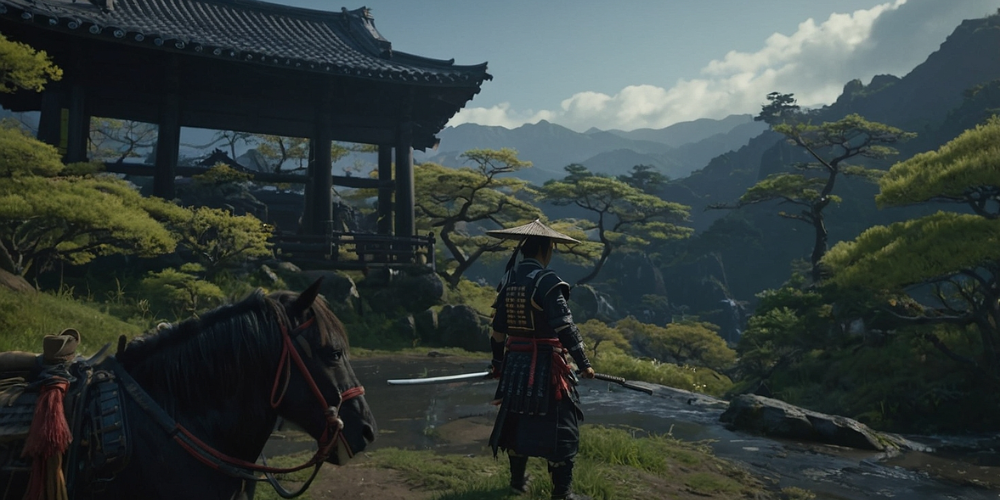
The Importance of Ancestry and Legacy
While playing, the theme of ancestry became evident, particularly through Jin Sakai’s journey to honor his family's legacy. The game intricately weaves personal narrative with historical events, causing me to confront the weight of expectations that come with heritage. The struggles and triumphs of past generations are encapsulated in Jin’s quest, showcasing how the legacy of one's family profoundly influences identity. This gave me a deeper appreciation of my roots, urging me to think about the impact of my choices.
The Dichotomy of Honor vs. Adaptability
Throughout my journey, I found myself navigating the difficult tension between traditional honor and the need for adaptability in times of crisis. Jin’s internal conflict highlighted this struggle adeptly. The tension between facing the enemy head-on as a samurai and adopting new, more pragmatic techniques of warfare struck a chord. This duality represented a broader cultural theme that resonates in many societies: the fight between maintaining traditions and embracing change.
The Influence of Zen Philosophy
Zen philosophy subtly guided my gameplay experience, emphasizing mindfulness and the art of being present. It resonated through the rhythm of combat and the quiet moments of exploration. Engaging with the world, whether by deepening my understanding of the characters or simply enjoying the scenery, reinforced the practice of being aware in the moment. Each confrontation, each tranquil vista, compelled me to embrace a way of thinking that prioritizes awareness and presence.
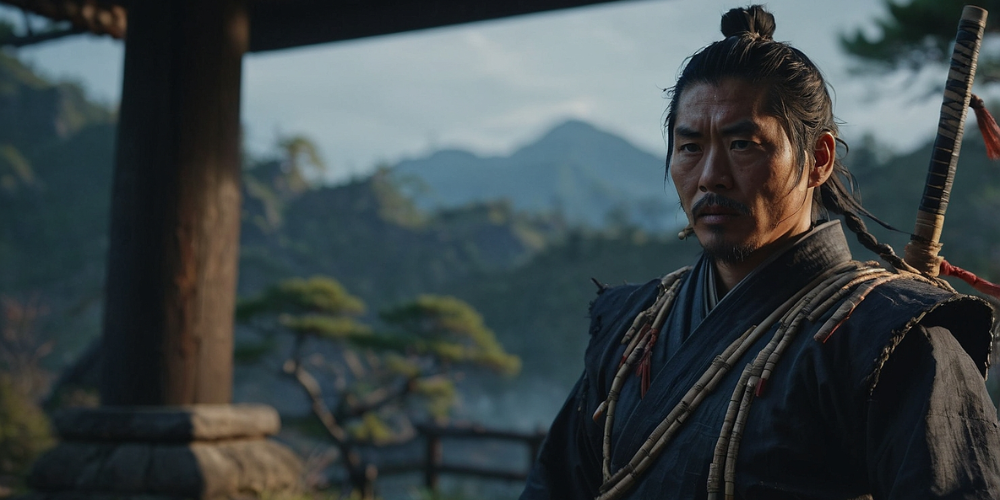
Community and Interpersonal Relationships
Ghost of Tsushima illustrated the significant role community plays within Japanese culture. I observed how each character, from allies to foes, had their own stories and motivations, all intricately linked to the community's collective identity. Engaging in side quests often revealed the profound impact of personal relationships on the larger narrative, emphasizing the importance of unity and support during adversities.
The Reflection of Feudal Society
The hierarchical structure of feudal Japan came alive in the game as I interacted with various characters across the social spectrum. Lords, samurai, and villagers each had their roles, reflecting how class and status shaped lives and destinies. Experiencing this dynamic encouraged me to think critically about the societal structures in my world, prompting questions about privilege and responsibility.
The Art of Calligraphy and Communication
The integration of calligraphy within Ghost of Tsushima left a strong impression on me. The game utilized this beautiful writing style not only for aesthetic purposes but also as a form of communication that conveyed cultural significance. The way characters express themselves through words and symbols underscored the importance of language as a conduit for identity and emotion, reminding me of the power of storytelling in any culture.
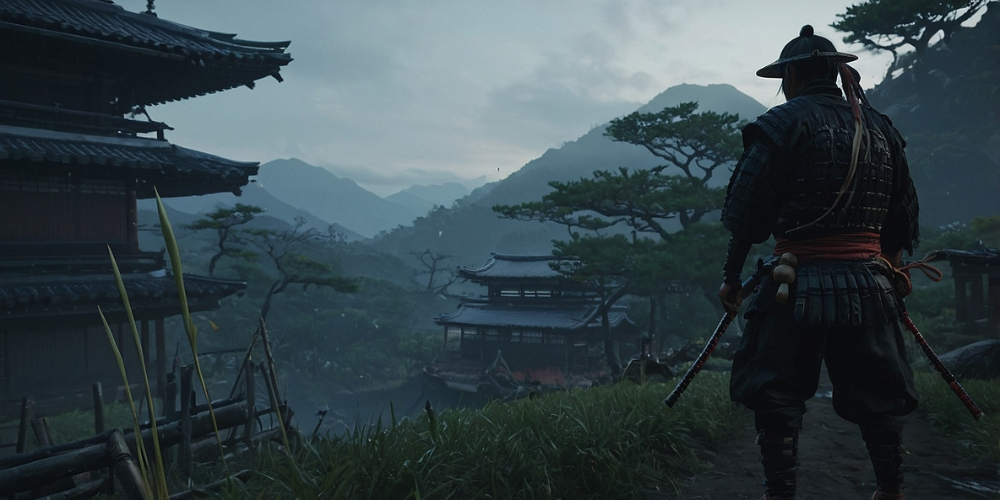
Supernatural Elements and Folklore
The inclusion of supernatural beings and folklore added an intriguing dimension to my experience. My encounters with spirits and mythical creatures evoked traditional Japanese beliefs about the presence of the supernatural in daily life. This exploration of folklore enriched the narrative, allowing me to appreciate the cultural significance of these stories and how they offer insight into the values and fears of a society.
Rituals and Ceremonies: The Fabric of Daily Life
A significant aspect I observed was the portrayal of rituals and ceremonies that permeate Japanese life. From tea ceremonies to the honoring of ancestors, these elements conveyed a sense of order and respect for tradition. Engaging with these practices during gameplay instilled a deeper understanding of the discipline and the reverence for customs, making me reflect on the rituals in my own life.
The Beauty of Traditional Arts
The visual beauty of the game itself felt like a celebration of Japanese art. The attention to detail in architecture, clothing, and landscapes reflected traditional aesthetics. I found myself marveling at the graphics while simultaneously appreciating the cultural heritage conveyed through the art style. This connection enhanced my appreciation for the role artistry plays in cultural identity.
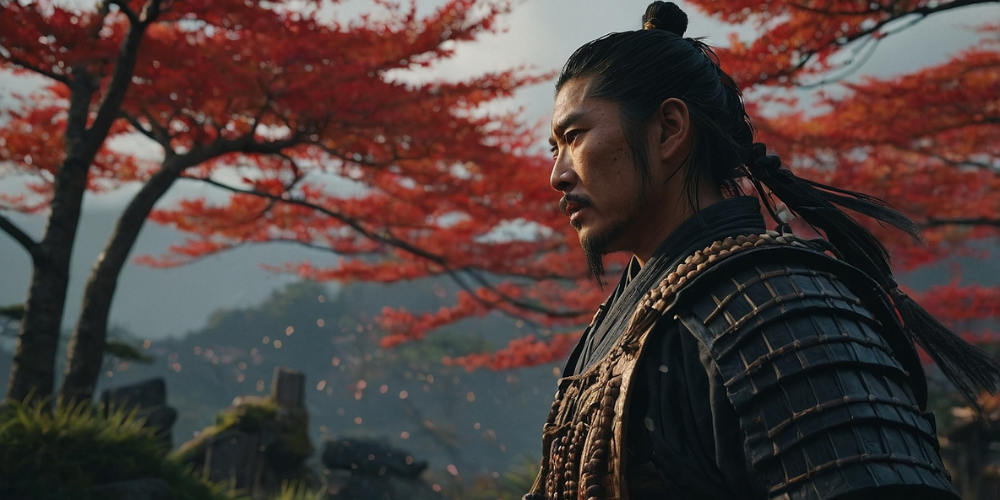
Music as a Cultural Immersion
The soundtrack of Ghost of Tsushima played a pivotal role in the gameplay experience. Traditional Japanese music, characterized by koto and shakuhachi, heightened emotional moments and immersed me deeper into the cultural context. Each note made me reflect on how music serves as a language that transcends words, communicating feelings and stories uniquely tied to the human experience.
Gender Roles and Representation
As I navigated through the game, I was thoughtfully confronted with the dynamics of gender roles within feudal Japan. The representation of strong female characters challenged traditional narratives, presenting women as integral to the story and societal structure. This aspect prompted me to evaluate the shifting perceptions of gender in both historical and contemporary contexts, recognizing an ongoing evolution.
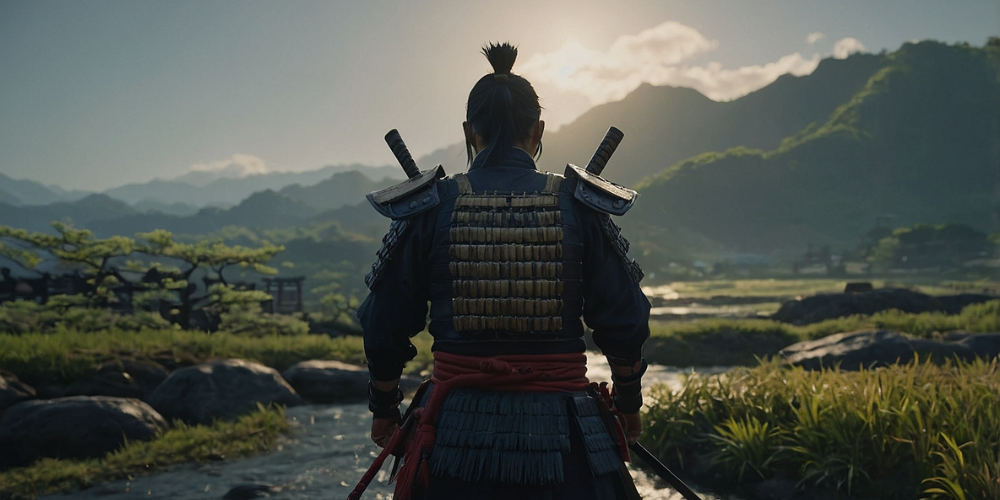
Legacy of Resistance Against Oppression
The overarching theme of resisting oppression resonated deeply with me throughout the game. Jin’s quest against the Mongol invaders served as a broader metaphor for struggle and resilience against external forces that threaten culture and identity. This narrative stirred thoughts regarding the historical repercussions of colonialism and how cultures can rise again through the strength of their heritage.







